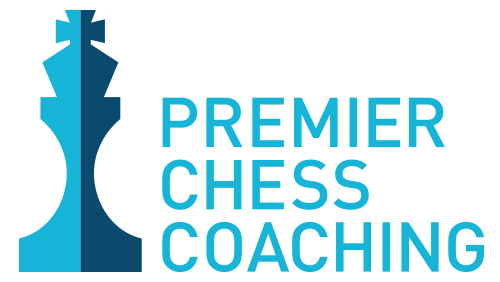Chess, often celebrated as the “game of kings,” is more than just an intellectual pastime; it’s a profound tool for cognitive development. Beyond its strategic battles and checkmates, chess has been quietly revolutionizing the world of education. In this article, we delve into the intriguing correlation between chess proficiency and academic success. We’ll explore the cognitive benefits that chess imparts, shedding light on how mastering this ancient game can lead to enhanced learning and ultimately better grades for students.
Chess and Cognitive Skills: A Winning Combination:
At the heart of the chess-academics connection lies the development of cognitive skills. Chess is a game that sharpens the mind, enhancing critical thinking, problem-solving, and spatial reasoning abilities. Students who engage in chess regularly tend to exhibit improved concentration and memory retention, skills that directly contribute to academic excellence.
Strategic Thinking and Planning
Chess is a game that thrives on strategic thinking and planning. Each move requires foresight, evaluating potential consequences, and devising a long-term strategy. These skills are directly transferable to academic tasks, where students can apply the same analytical thinking to problem-solving in subjects like mathematics and science.
Improved Memory and Pattern Recognition
Chess players, through repeated exposure to different game scenarios, develop a keen sense of pattern recognition. They remember strategies, openings, and positions, which translates to a sharper memory in academic studies. Better memory aids in retaining information for exams and assignments.
Enhanced Concentration and Focus
Chess demands unwavering concentration and focus, a skill that is invaluable in academic settings. Students who engage in chess learn to block out distractions, maintain attention on the task at hand, and think deeply about their moves. These concentration skills translate to more effective study sessions and improved classroom performance.
Building Resilience and Learning from Mistakes
Chess teaches resilience in the face of setbacks. Players learn to accept defeats gracefully and analyze their mistakes to improve. This resilience is a valuable life skill that can help students bounce back from academic challenges, learn from their errors, and continuously strive for improvement.
The Connection Between Chess and Mathematics
Chess and mathematics share a close bond. Mathematical concepts like geometry, algebra, and logic are integral to chess strategy. Engaging with chess can foster a deeper appreciation for mathematics and enhance problem-solving abilities in this subject.
Conclusion
Chess isn’t just a game; it’s a gateway to enhanced cognitive skills and academic success. The correlation between chess proficiency and better grades is a testament to the game’s profound impact on the mind. By mastering chess, students hone their strategic thinking, improve memory retention, and cultivate unwavering concentration—all skills that pave the way for better academic performance.
In classrooms and beyond, the lessons learned on the chessboard extend to life’s challenges, enriching the minds of young learners and equipping them with invaluable tools for success. As students embark on their chess journey, they not only discover the joy of the game but also unlock their academic potential, one move at a time.
If you’re eager to explore more about chess’s impact on academic success or are interested in starting a chess program in your school, please don’t hesitate to contact us. We’re here to help you unlock the full potential of chess in education


